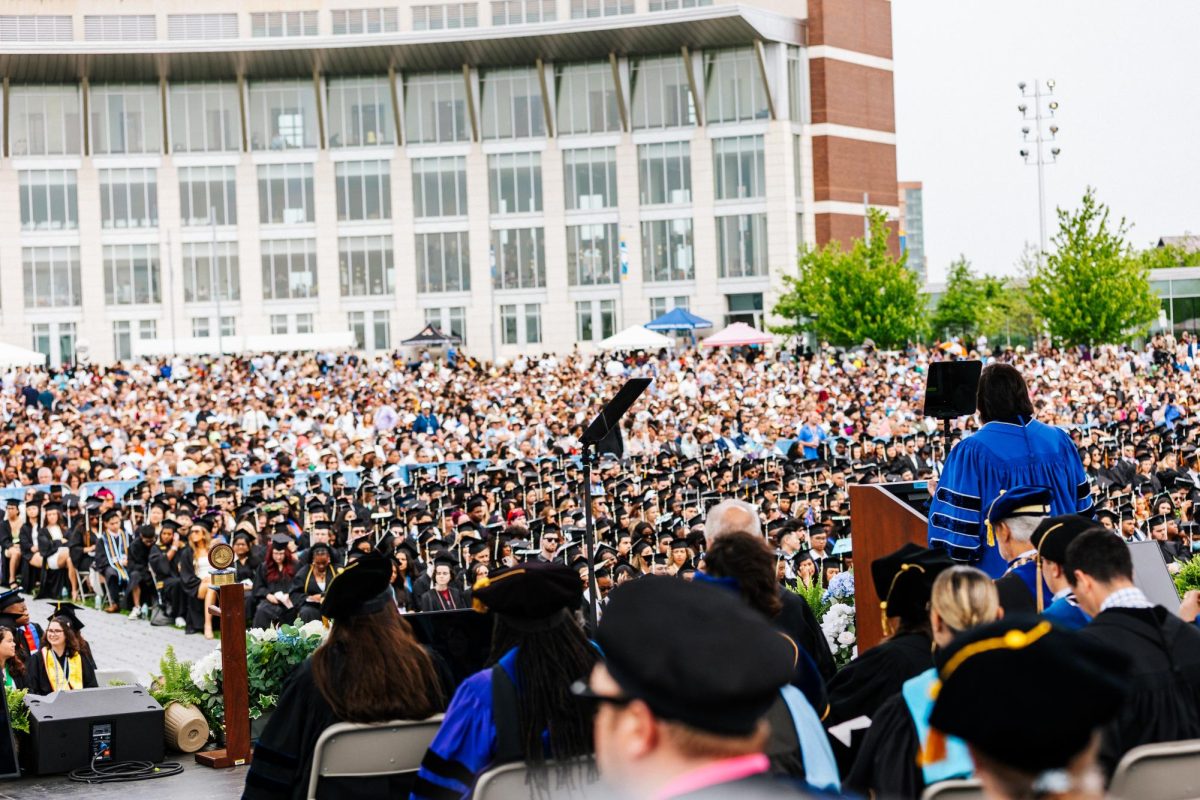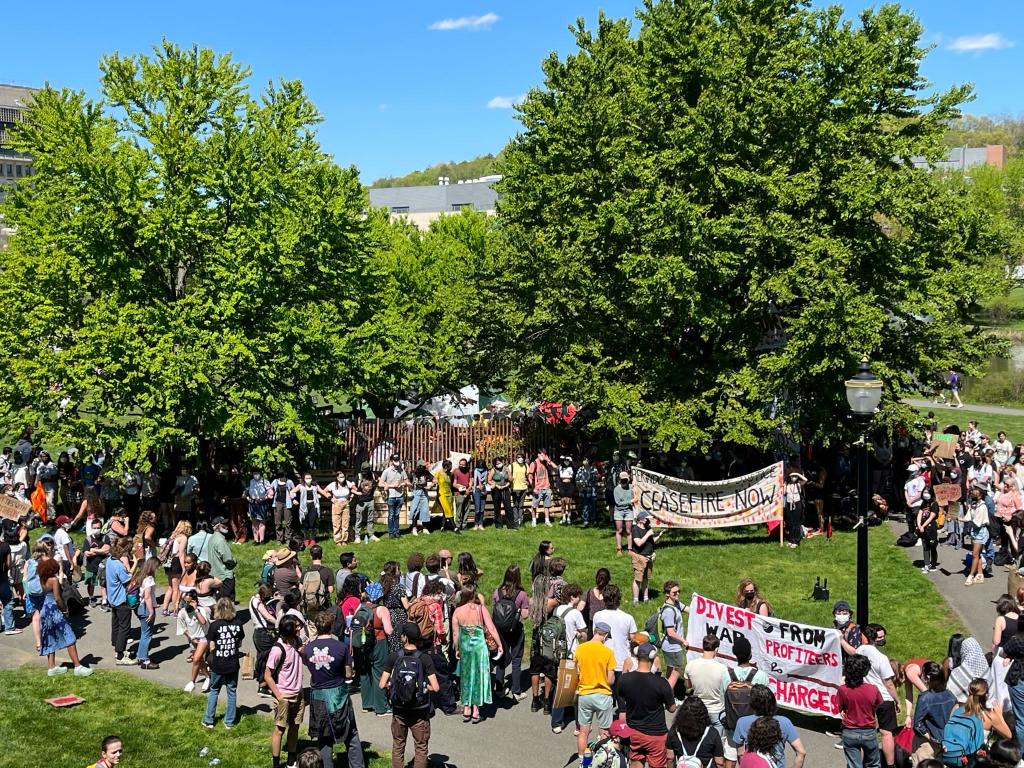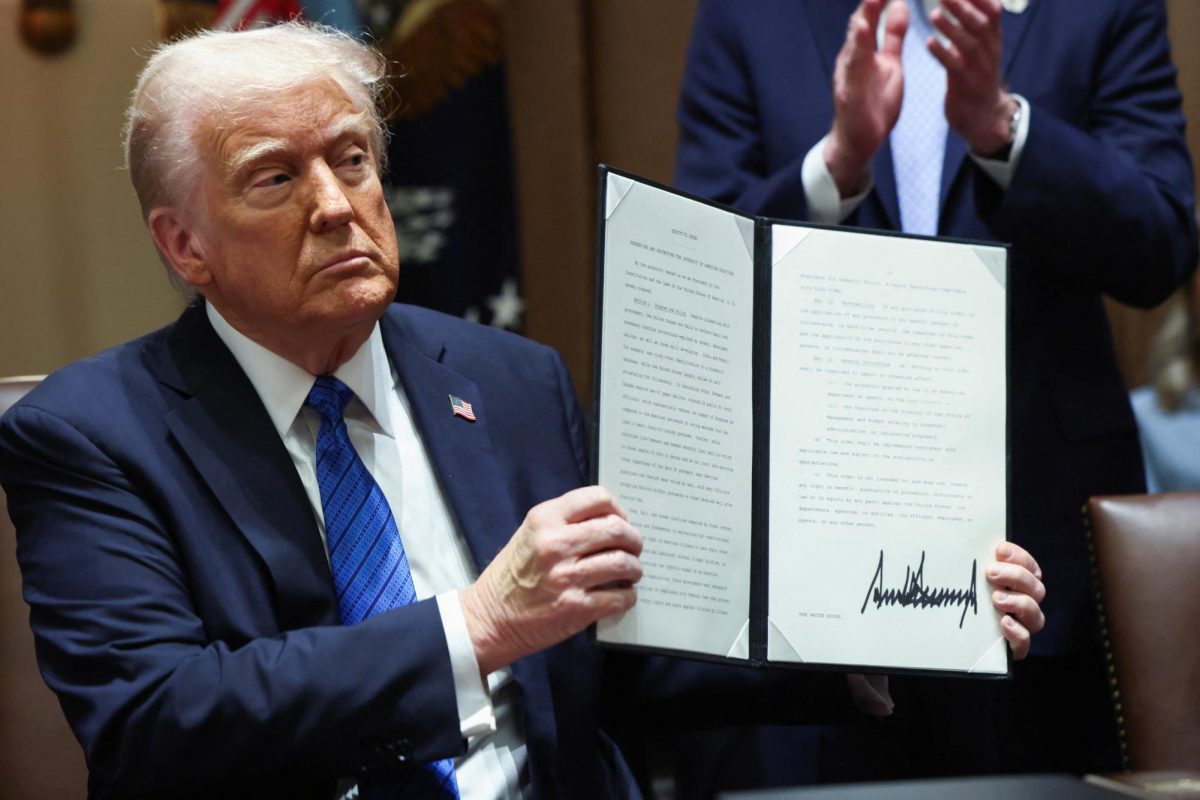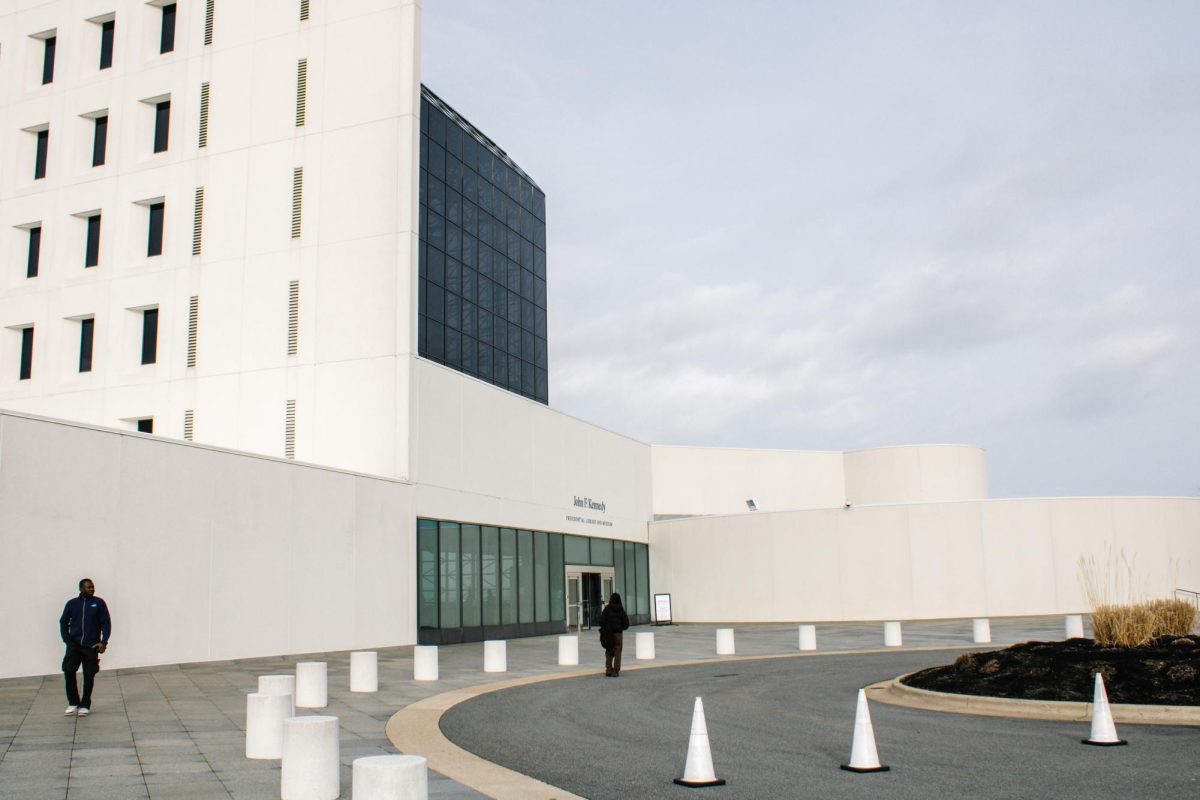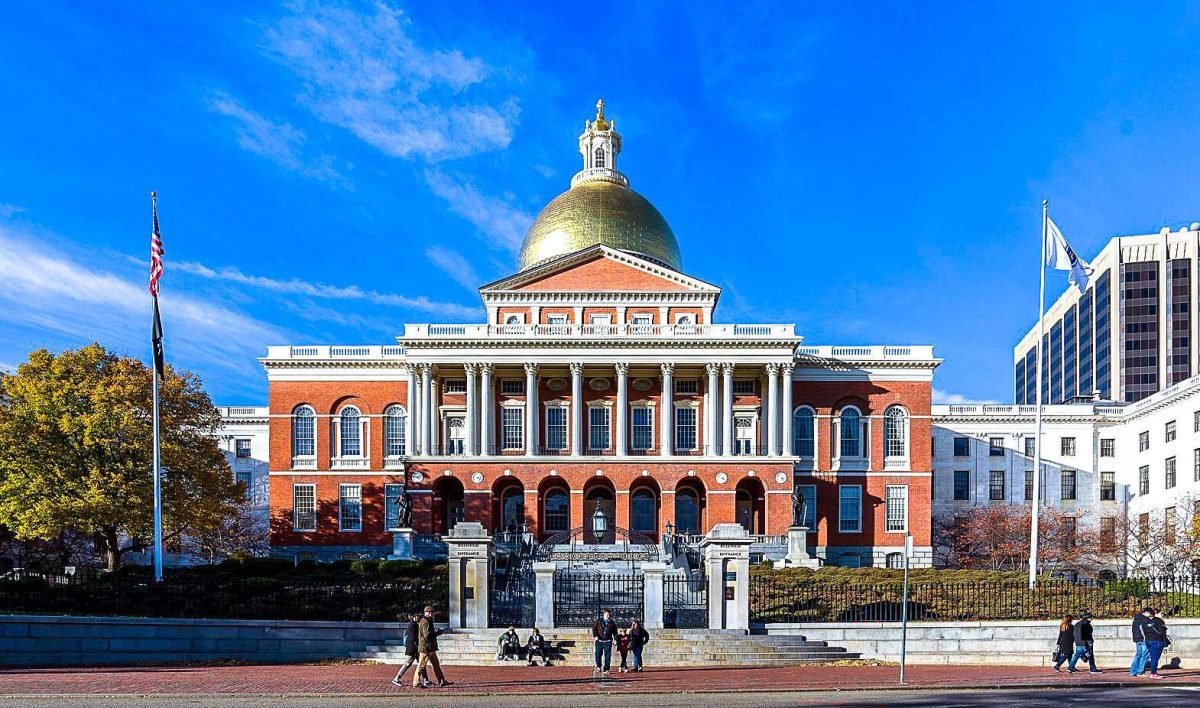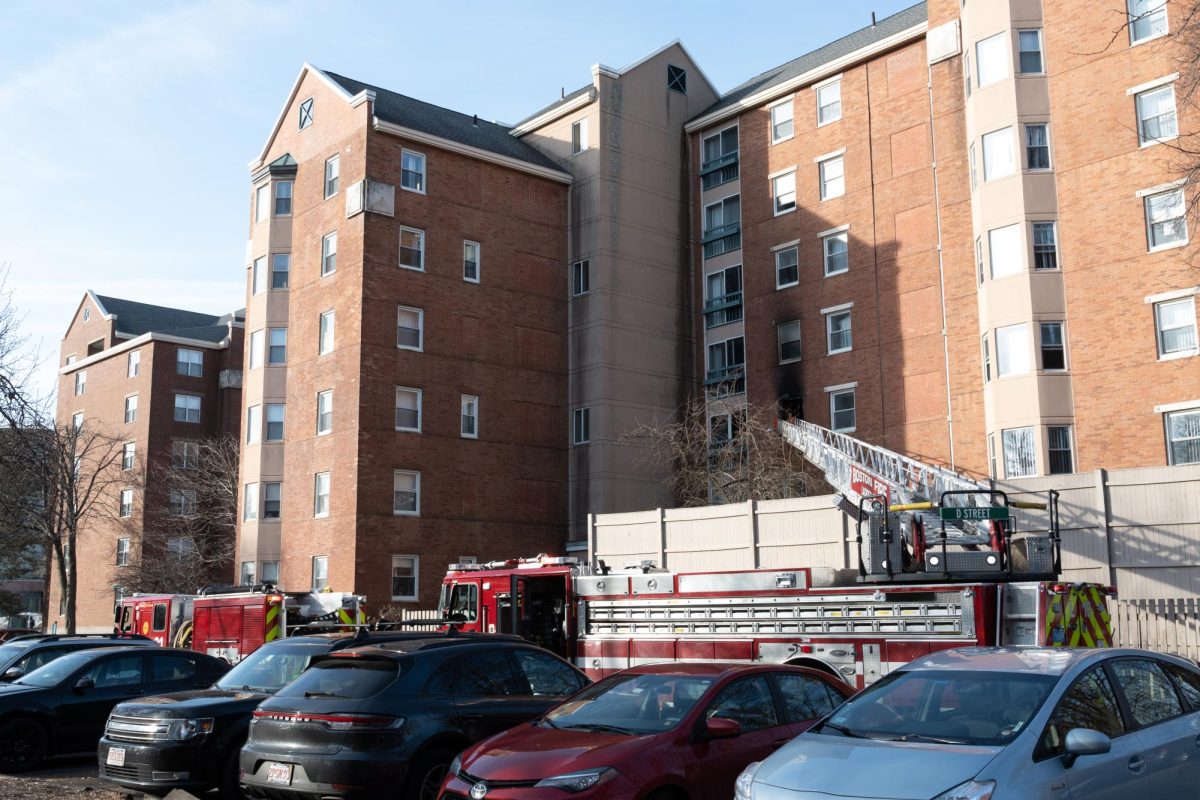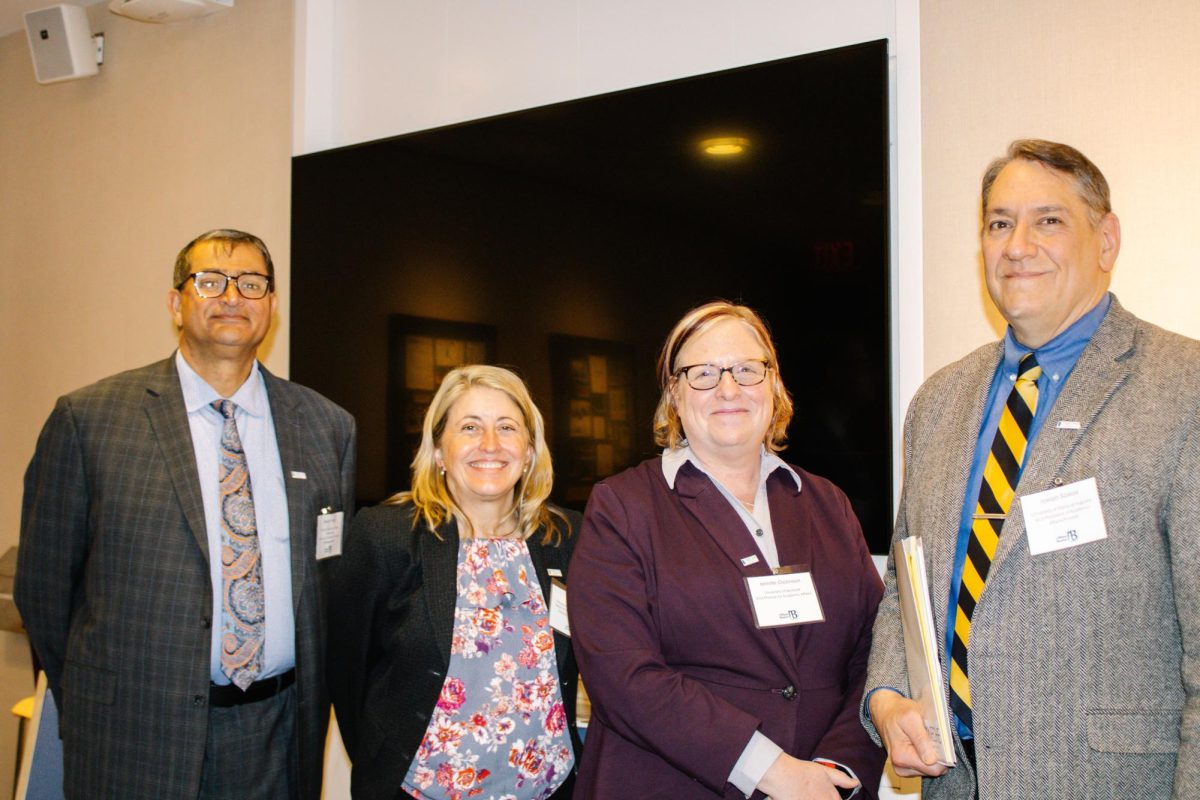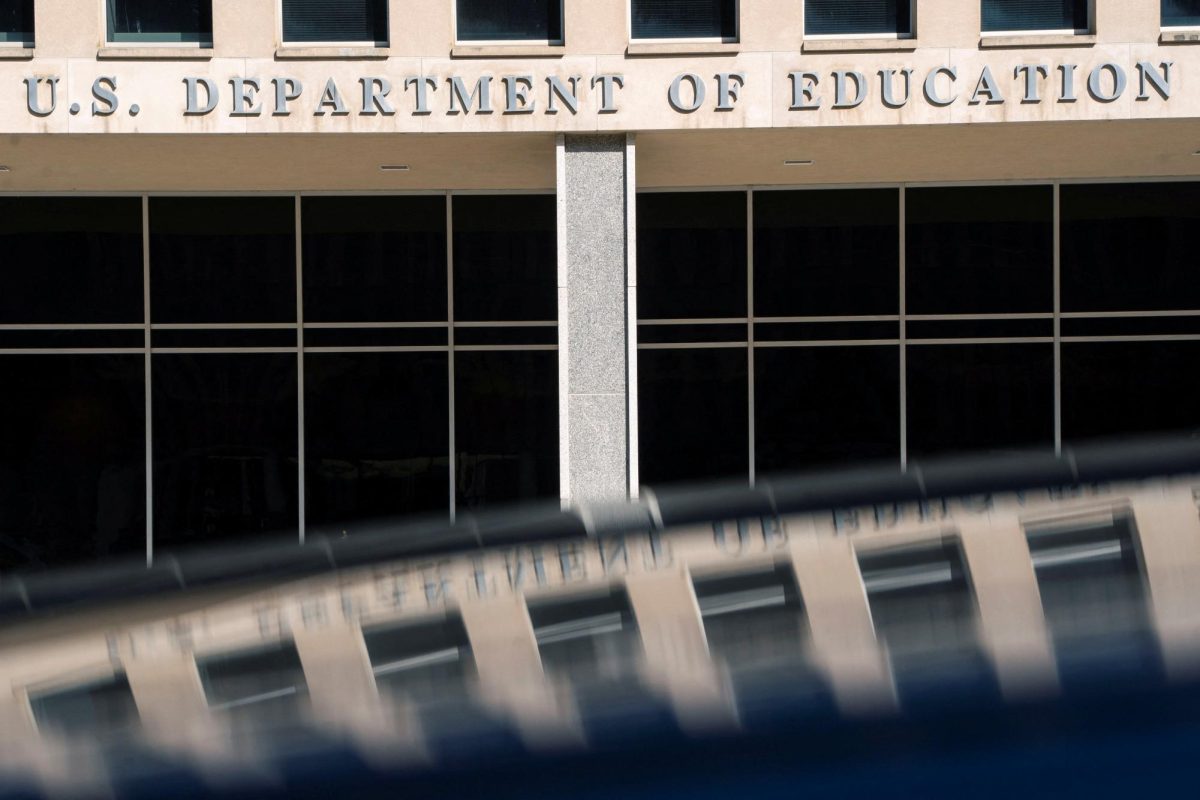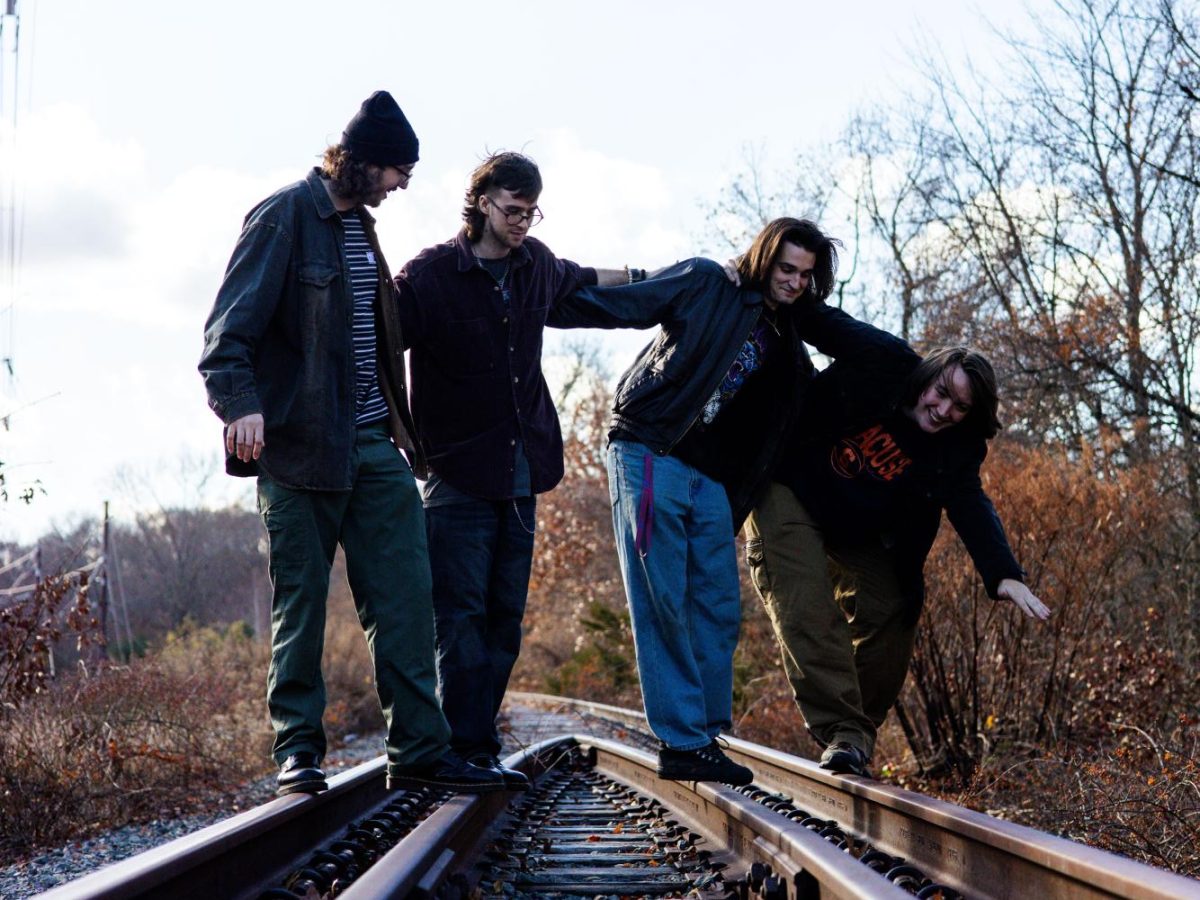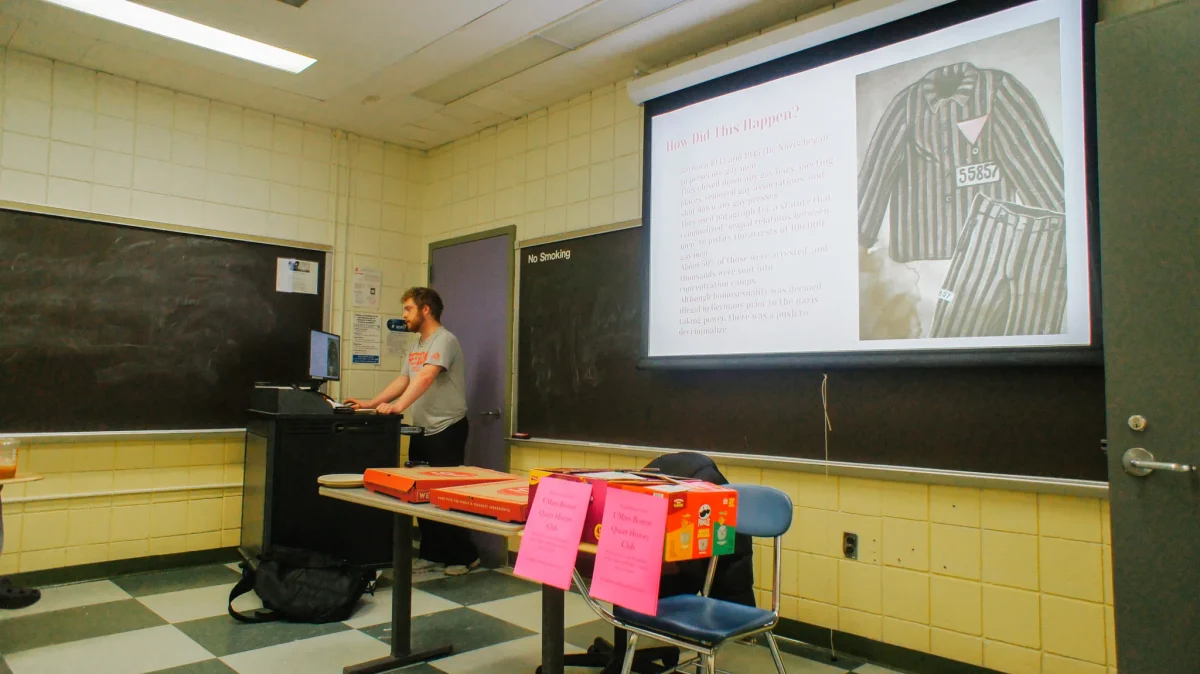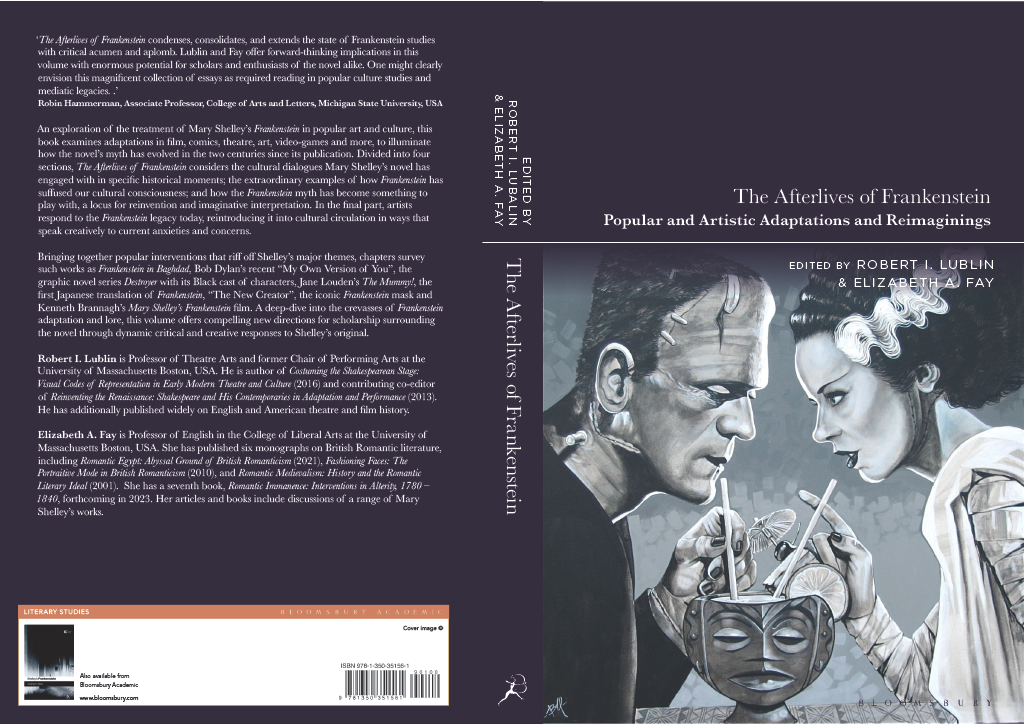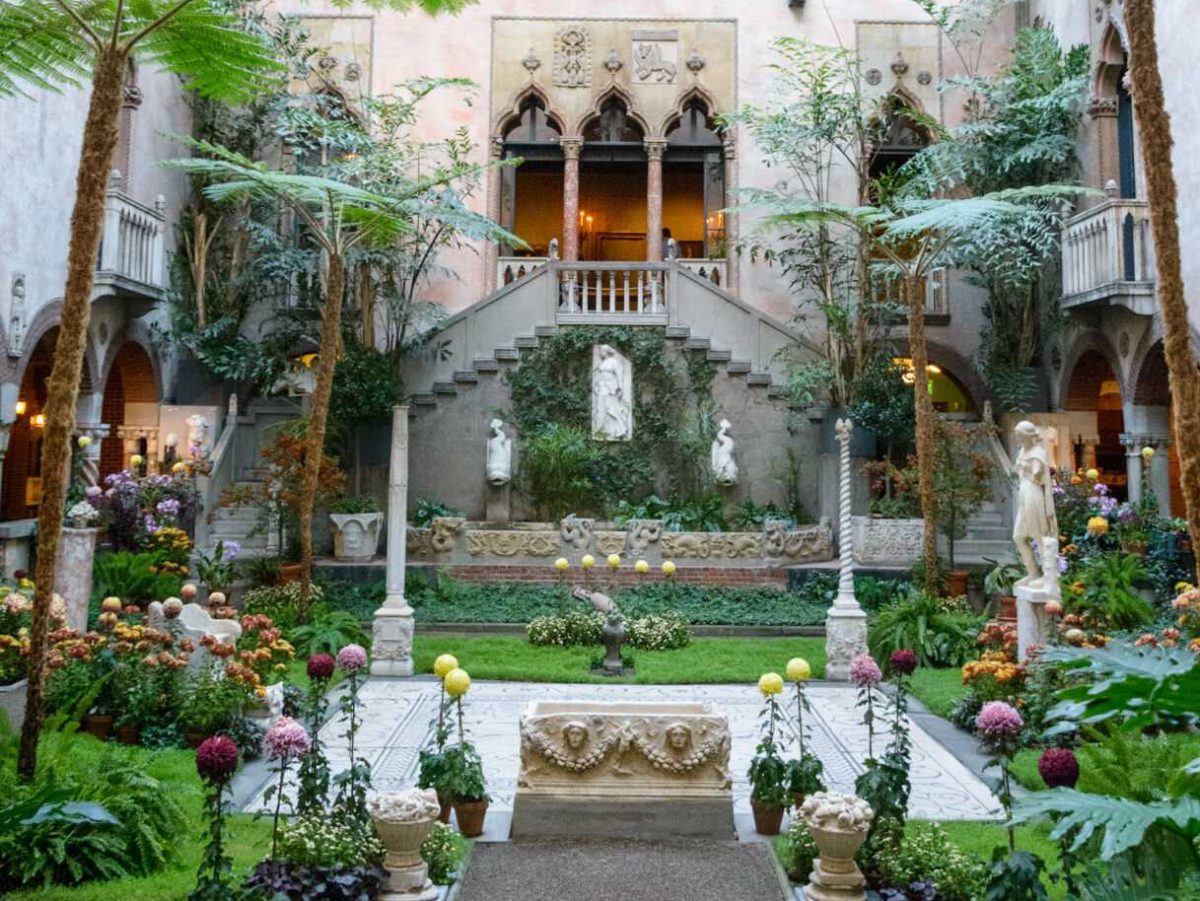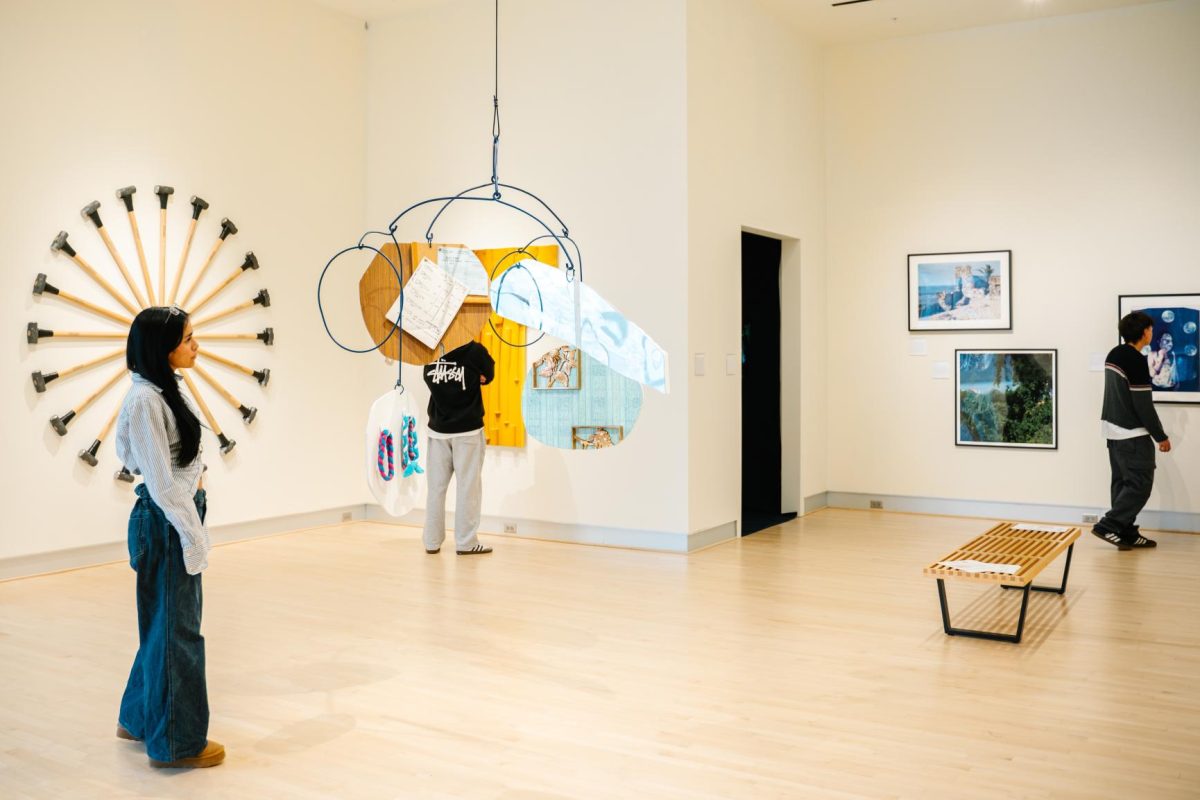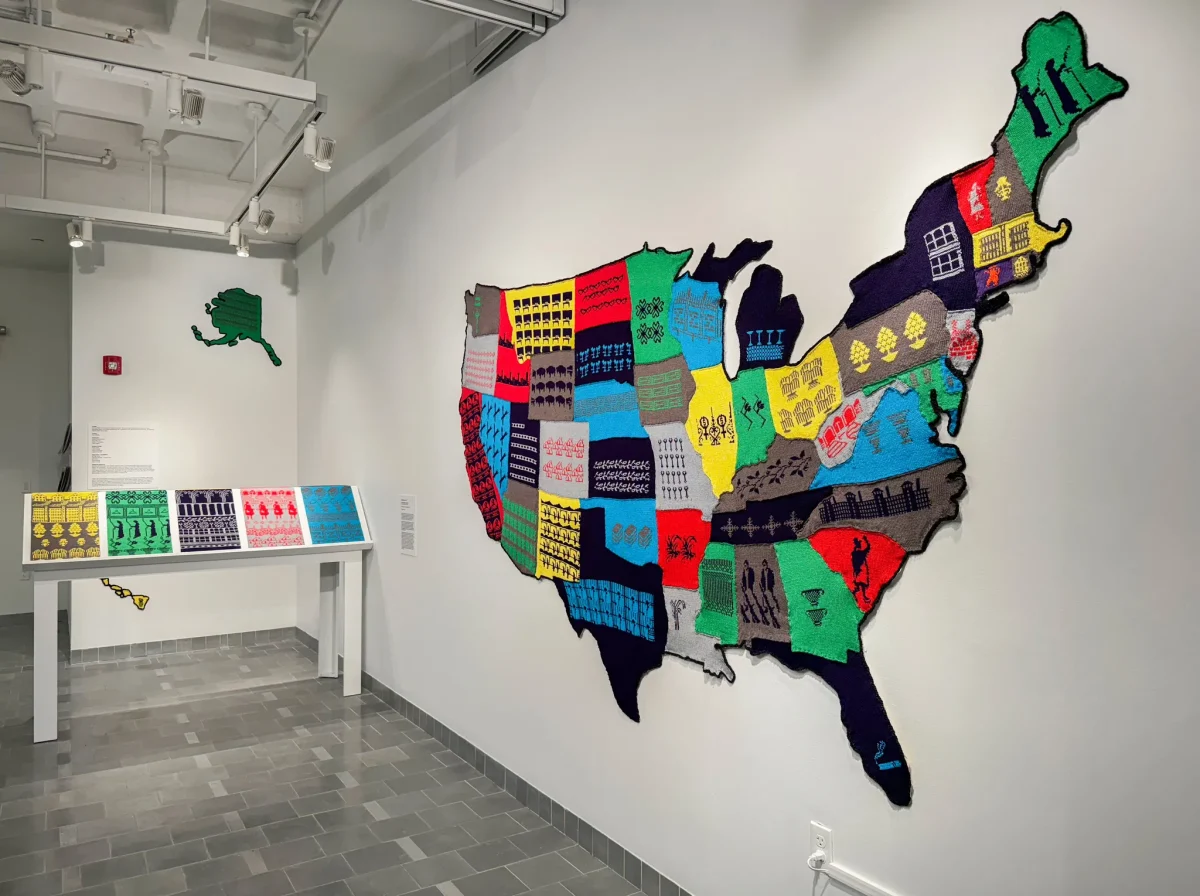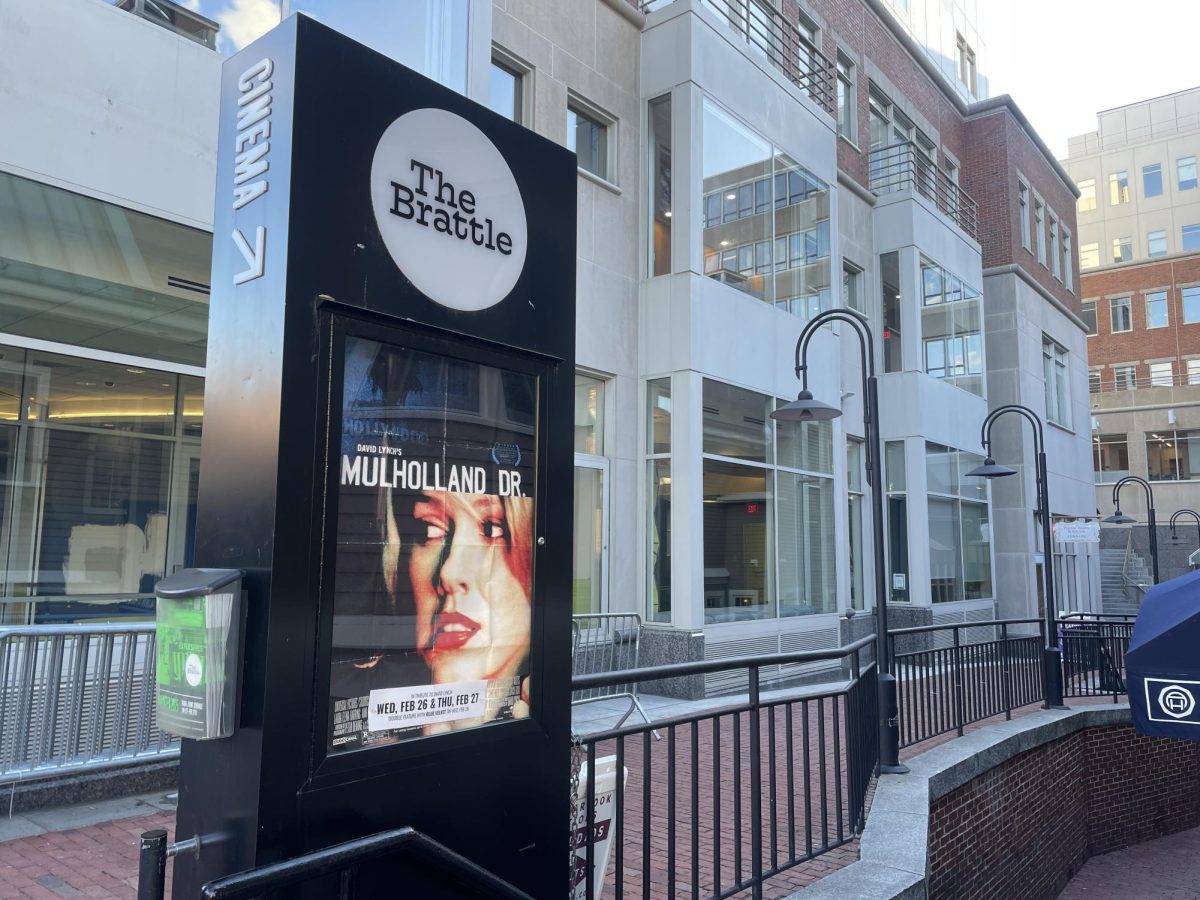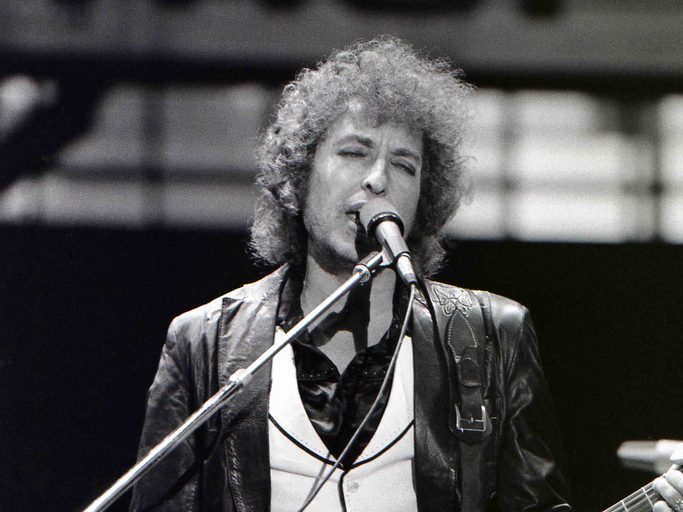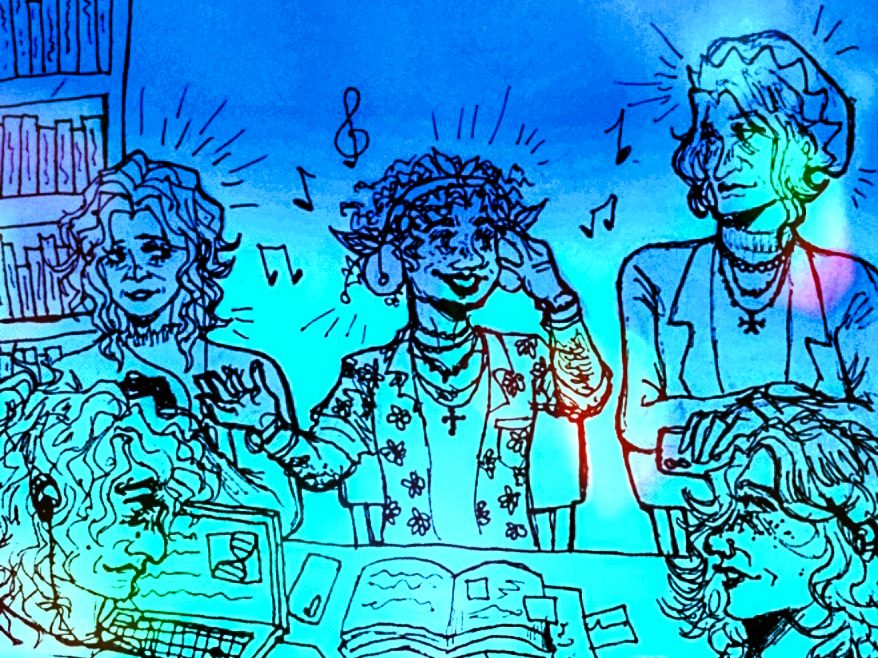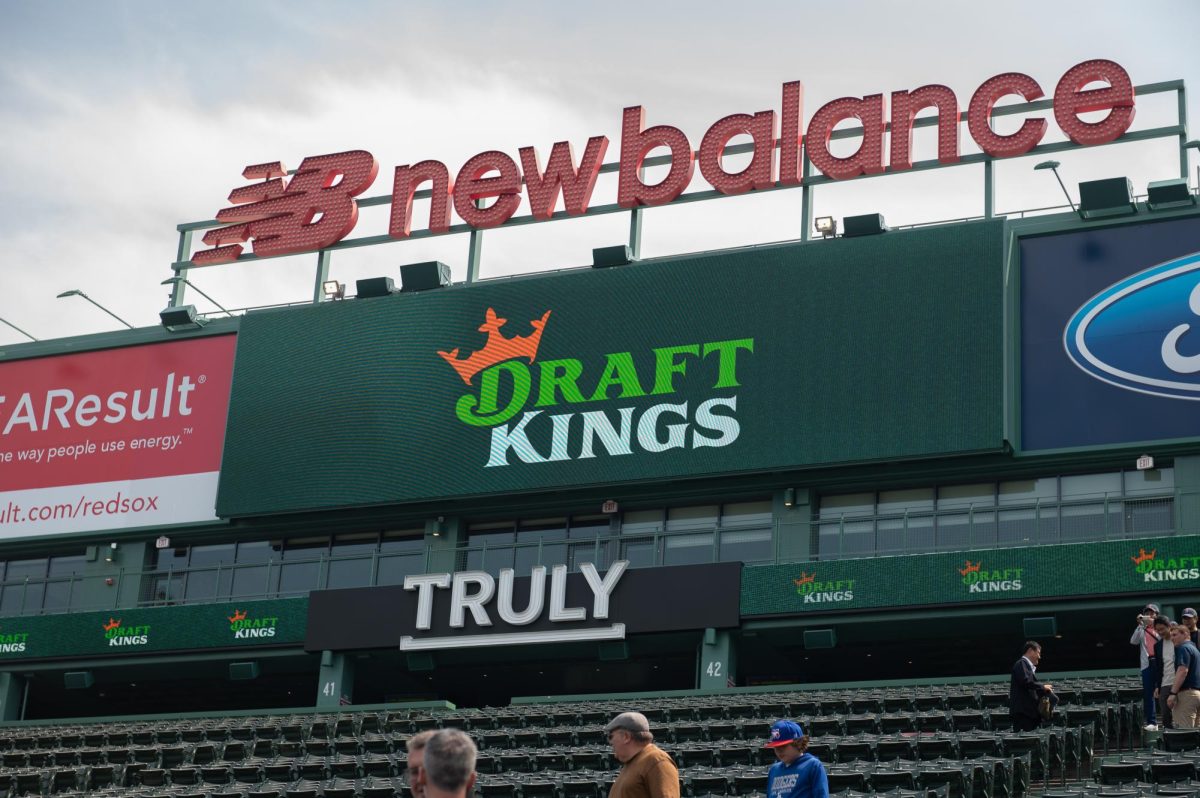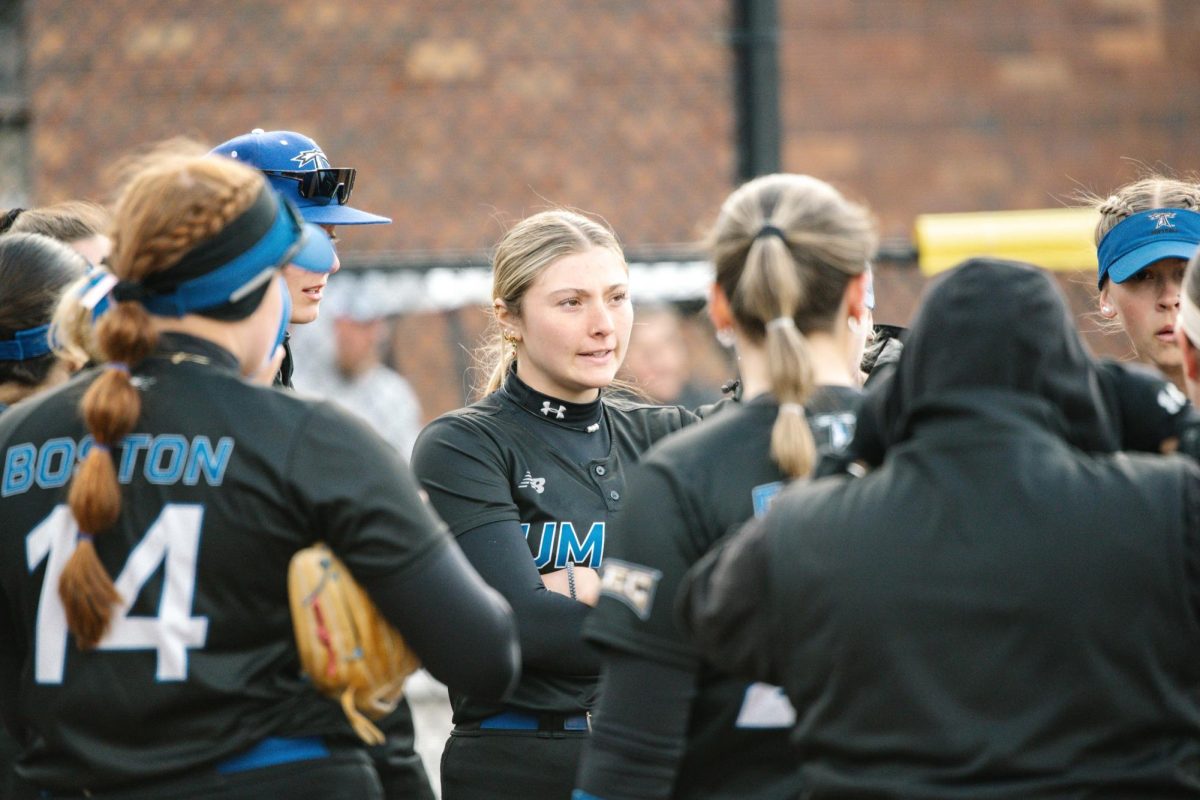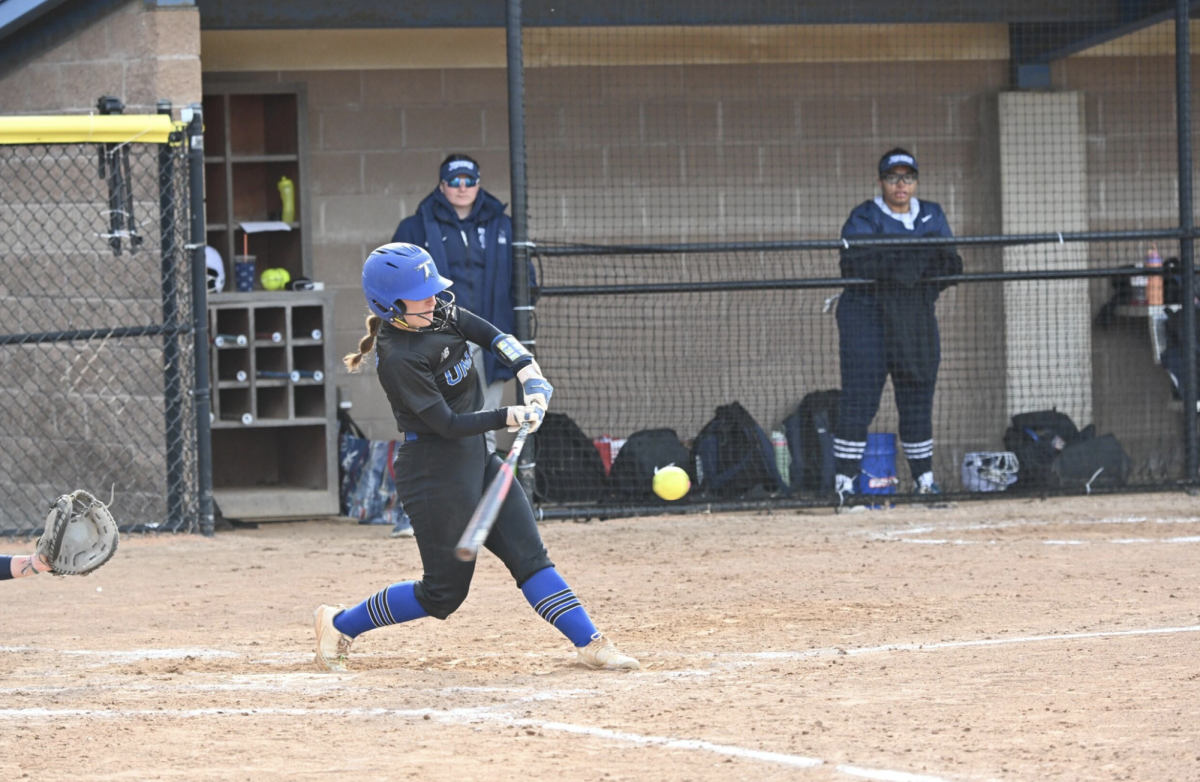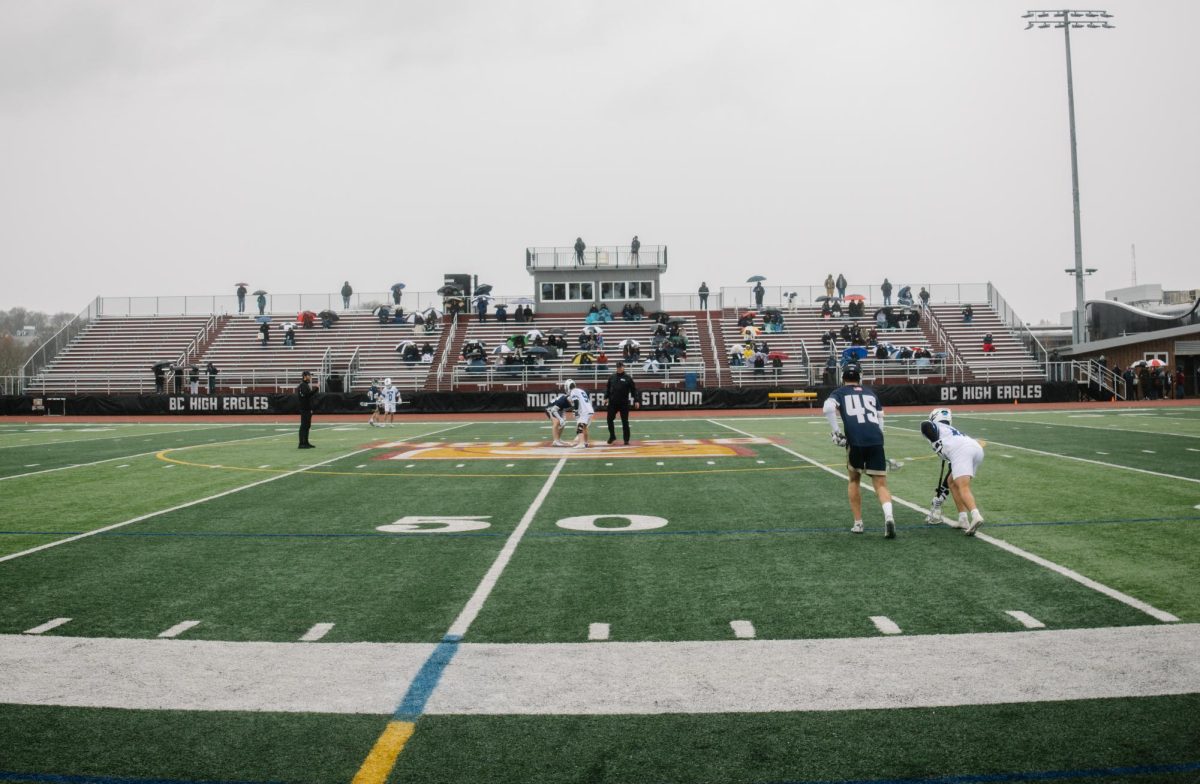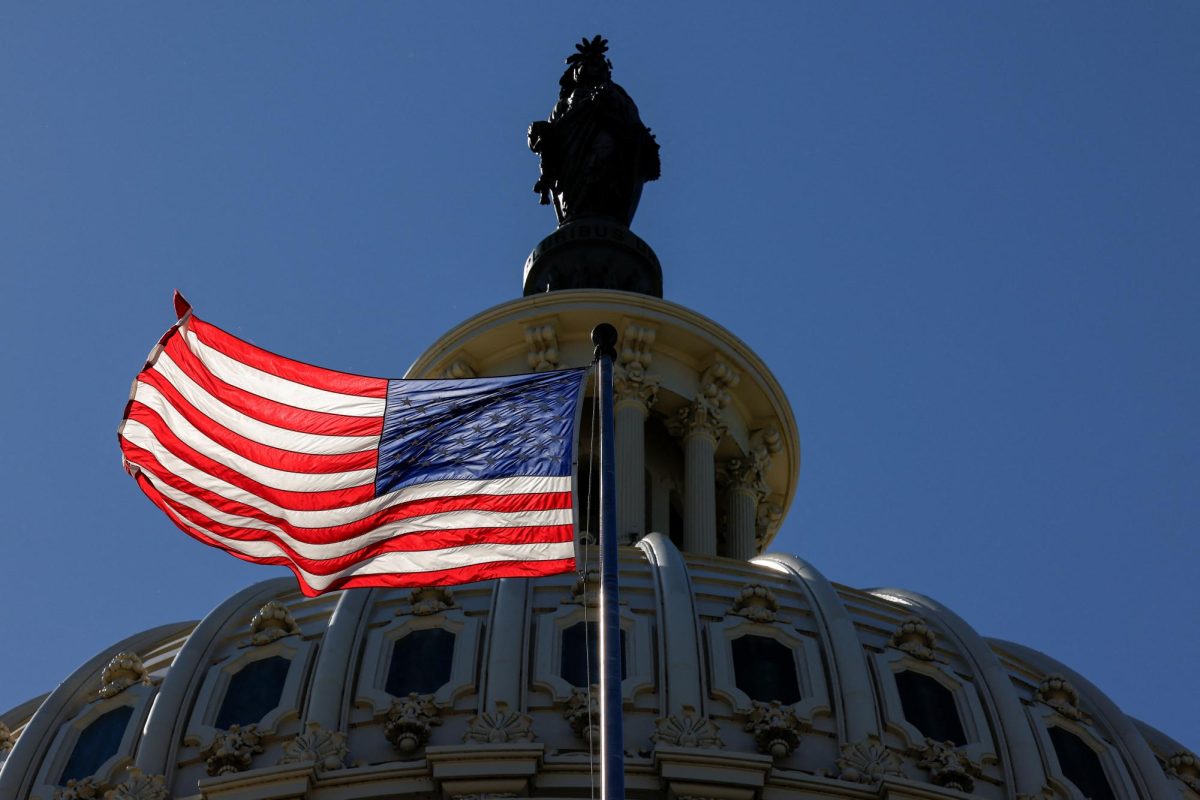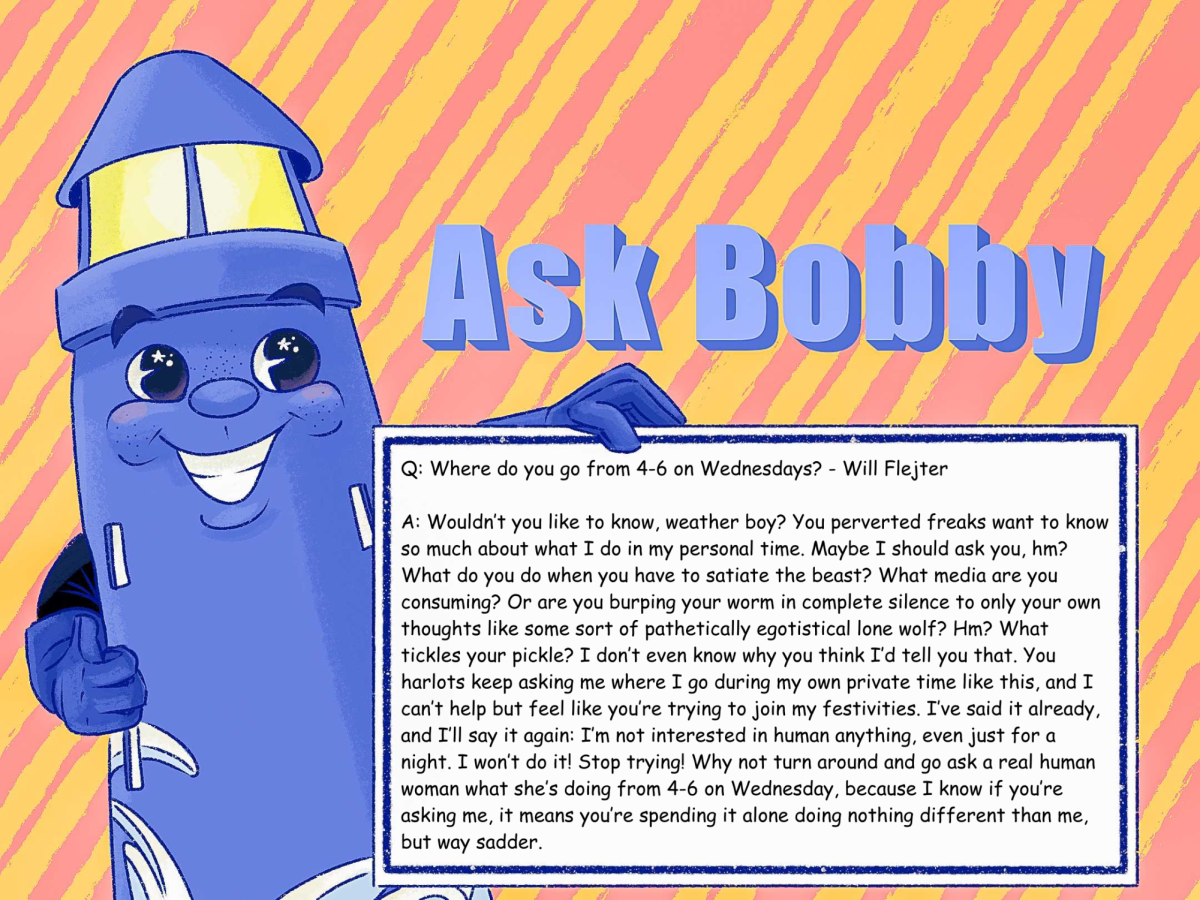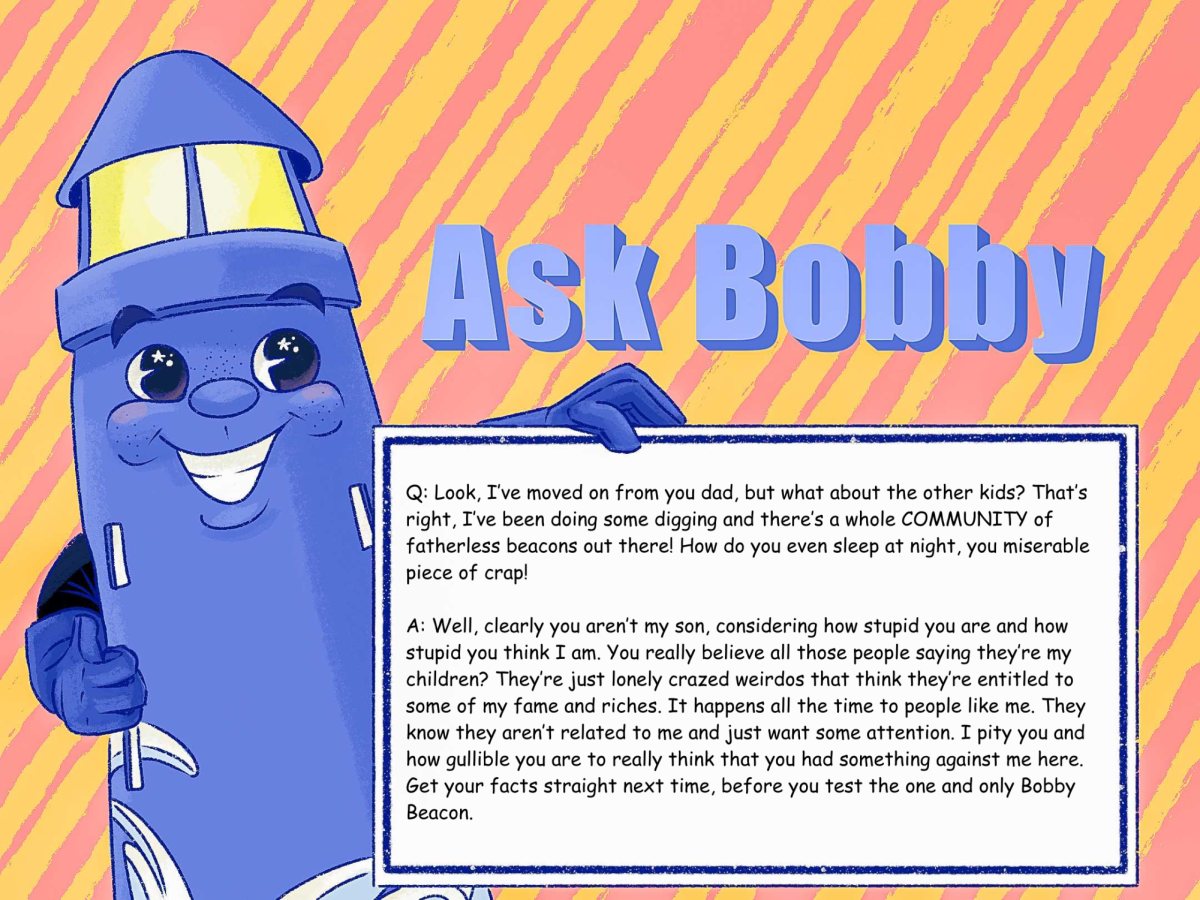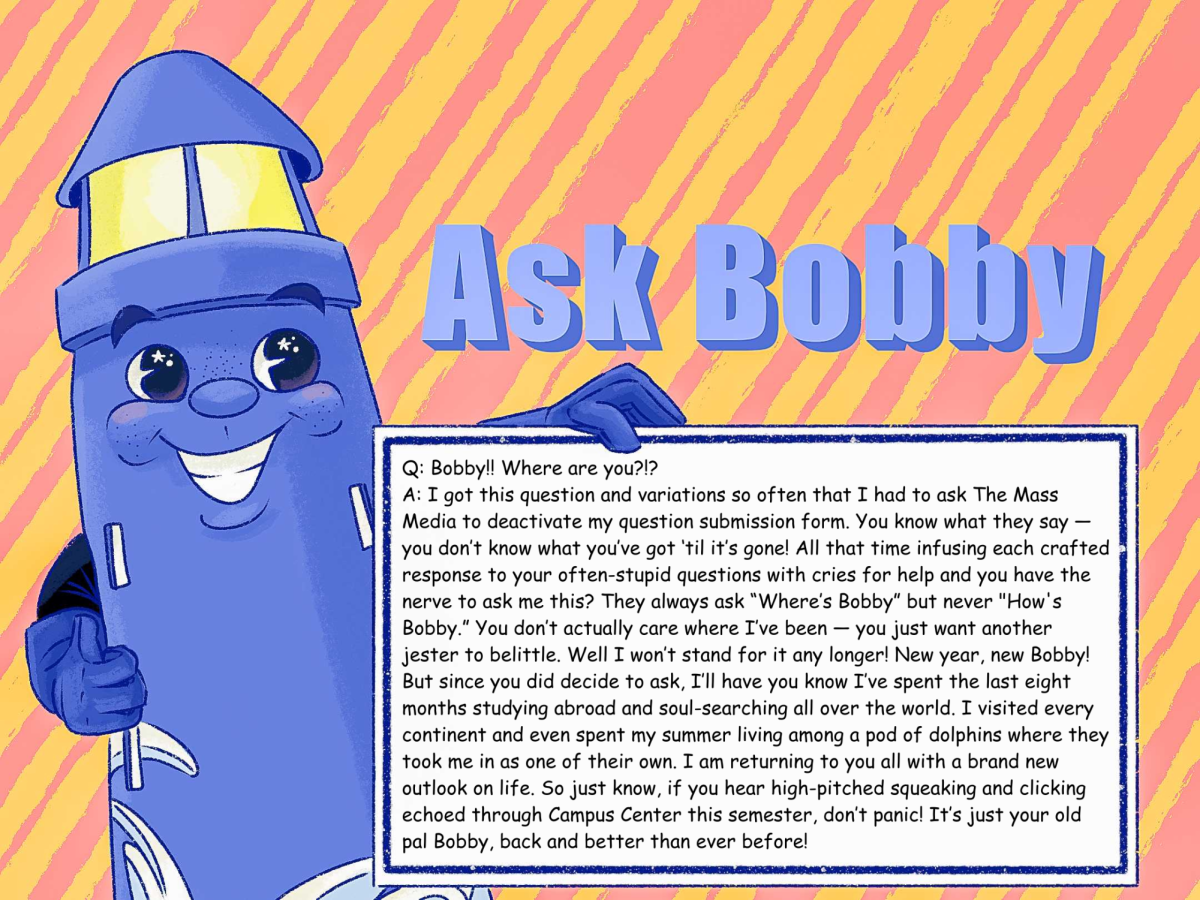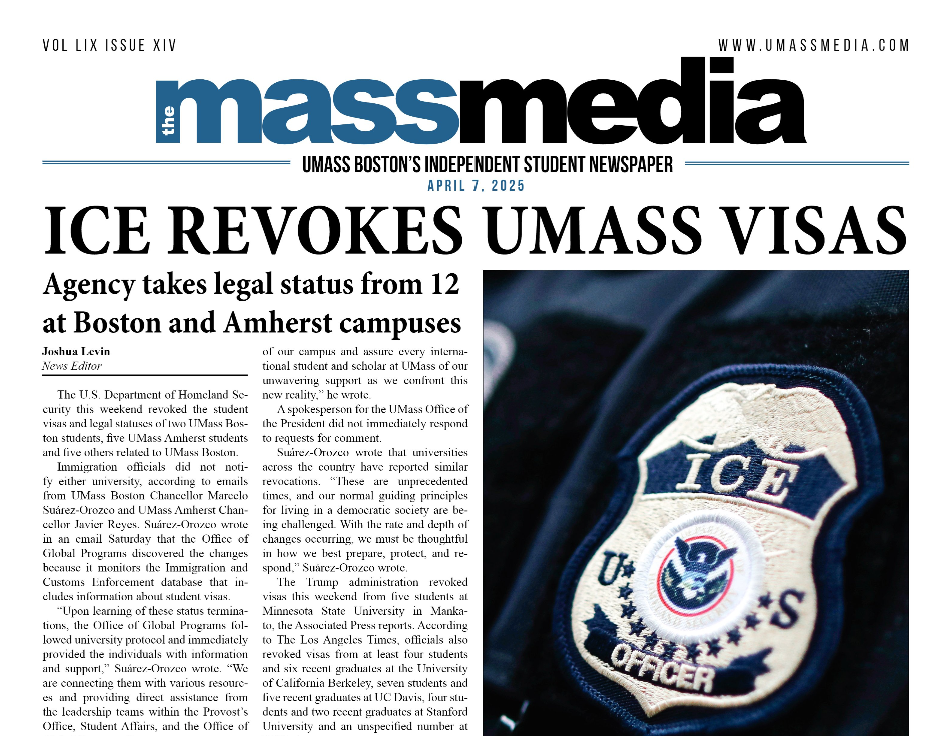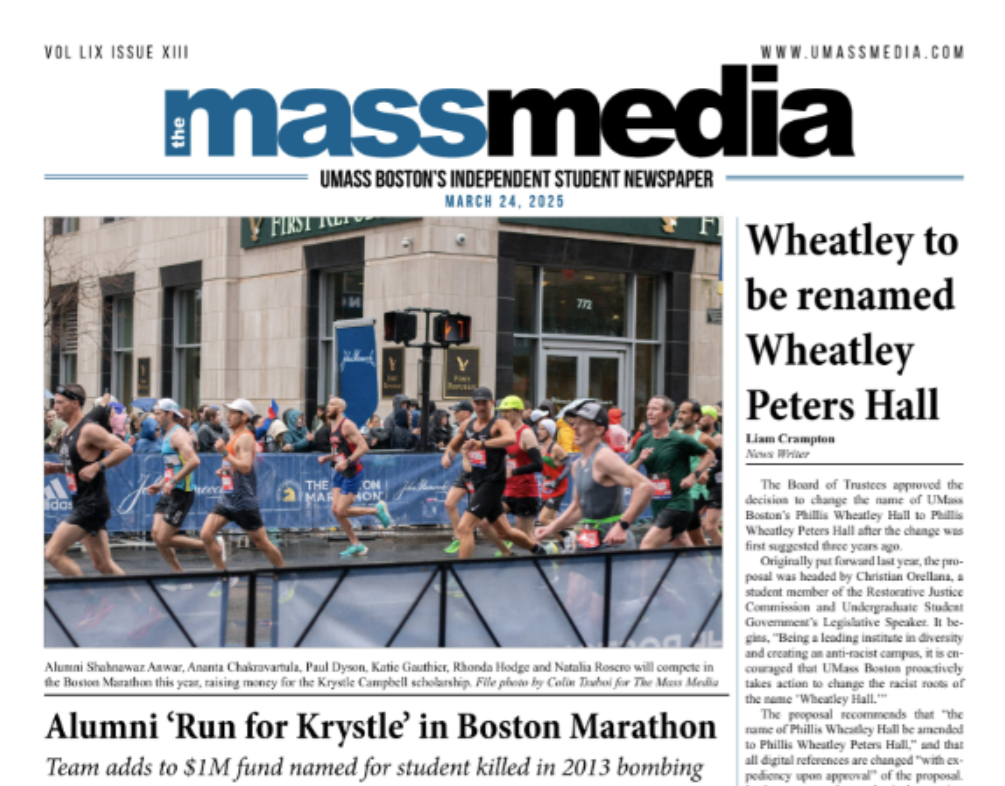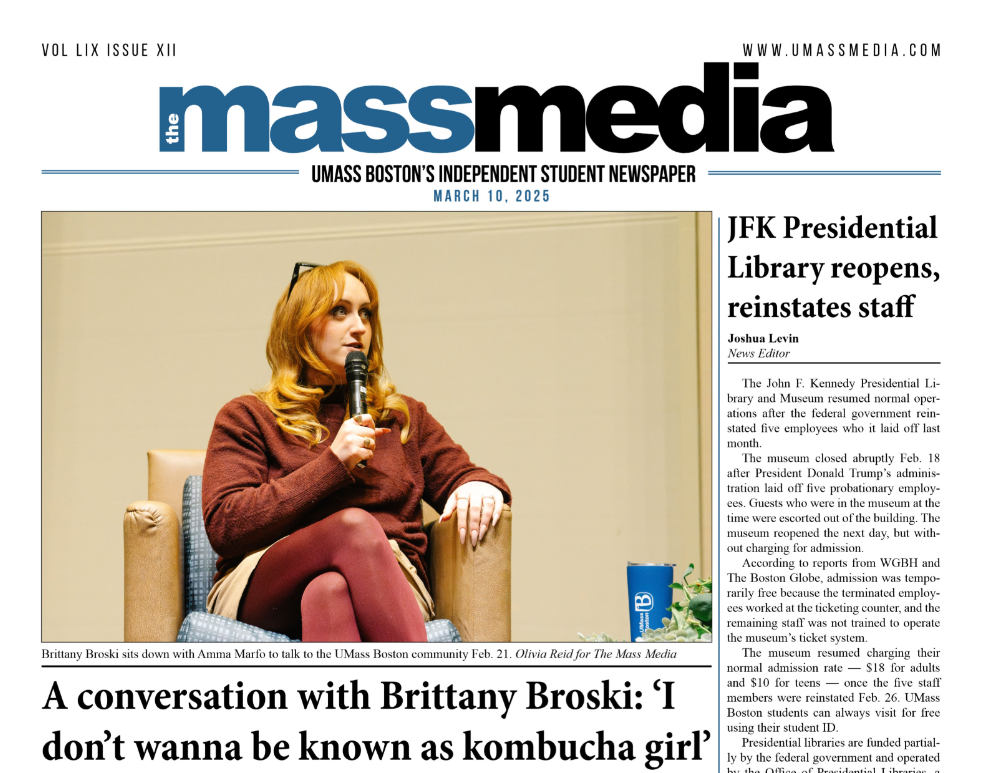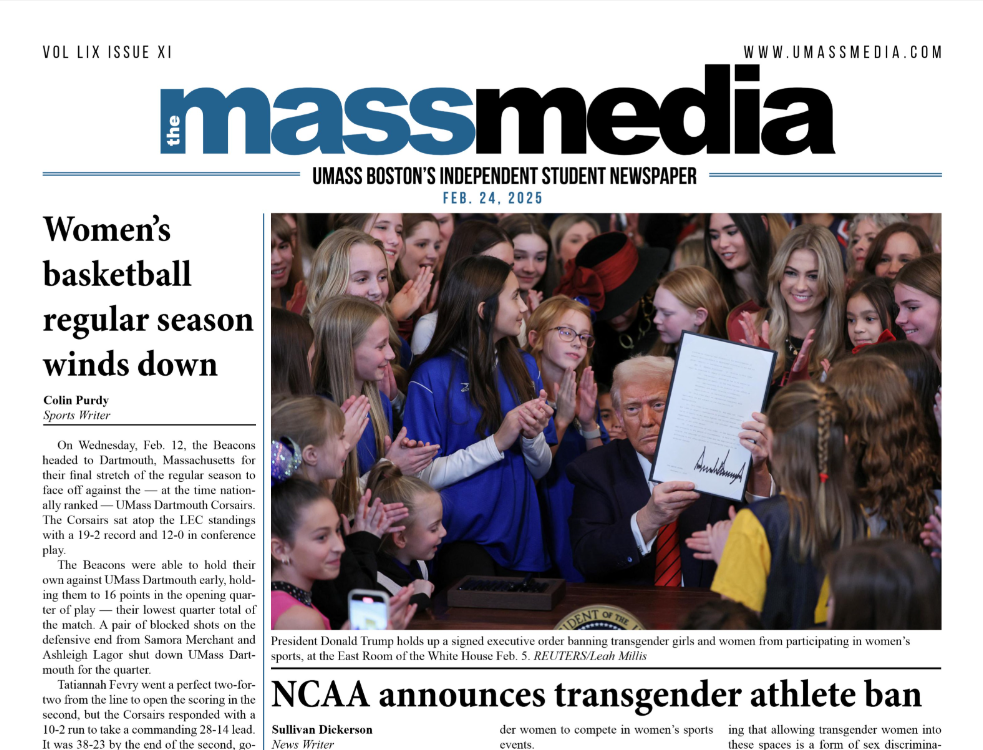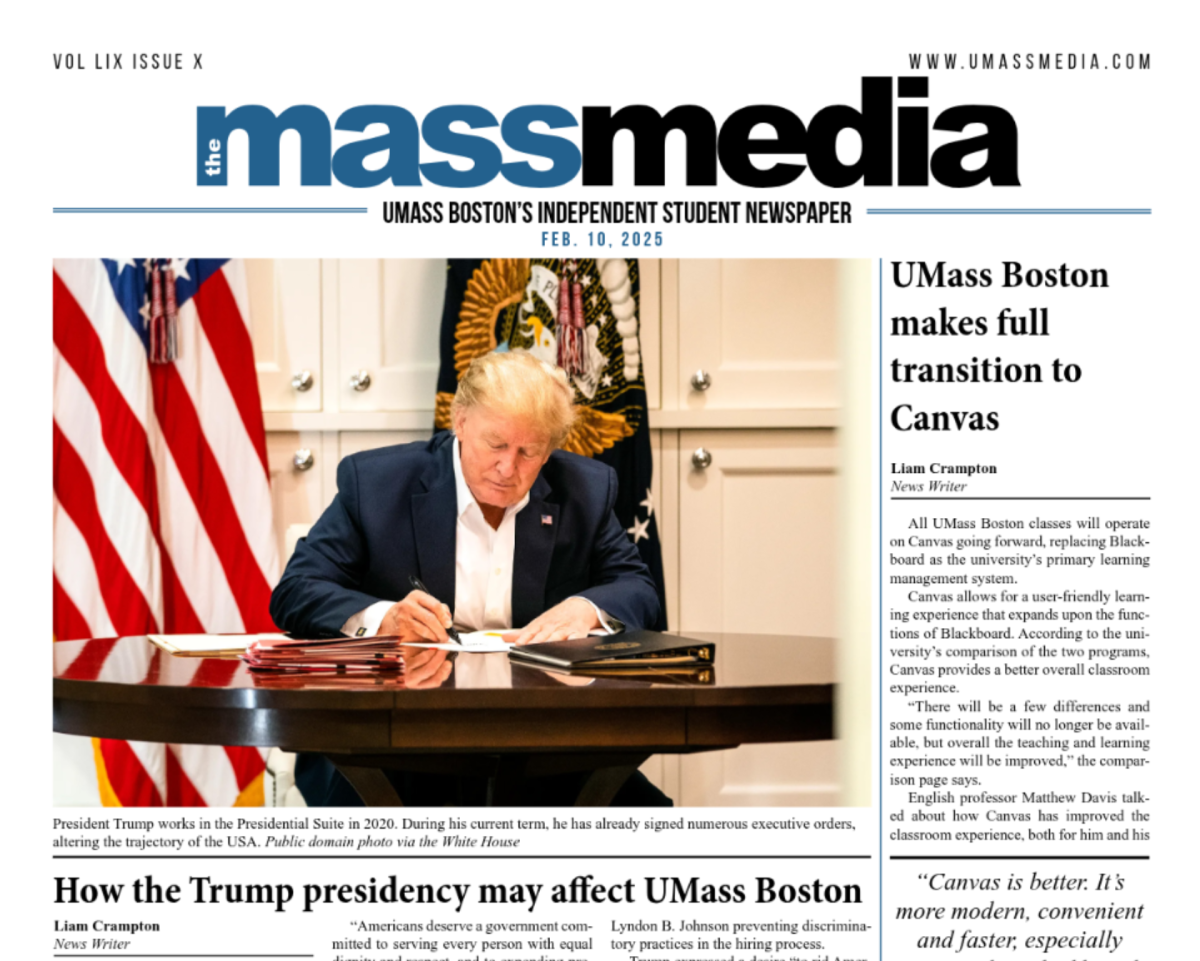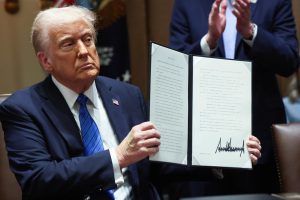EDITORIAL: The Pope as a World Leader
April 30, 2005
BY MASS MEDIA EDITORIAL BOARD
The process of seating a new Catholic Pope in Vatican City grabbed the attention of the entire world. Many across the globe celebrated, while many others raised concerns about Pope Benedict XVI’s rigid conservatism that earned him the handle “God’s Rottweiler.”
Tucked away from the international scene is the American public who are partially secluded from the developments in the Catholic Church based on the fact that the majority of America’s Christians are non-Catholic. A type of dismissiveness is reinforced by the barrage of a hyper-crazed media with “infotainment” style news, effectively encouraging Americans to overlook significant global issues.
But with such critical developments in the Vatican, now is not the time to remain indifferent-perhaps now can be the time when many burst from their slumber and wake up to the greater world at large.
Aside from the fact that Catholics make up roughly 15-20 percent of the world’s population, the interrelationships between the Catholic Church and the rest of the world has serious implications on the international arena.
The political positions of the Pope and the Catholic Church greatly influence the outcome of politics around the world. The late John Paul II’s open chastisement of the United States’ occupation of Iraq as an immoral and unjust war served as a backbone for many anti-war Europeans across the continent- including Italy itself is where the depth of the European anti-war sentiment can be measured and the location of some of the biggest international rallies against the U.S.-led Iraqi invasion took place.
On the other hand, the failure of the Catholic Church to intervene in World War II, when the Holocaust was being executed across the European continent, left the world’s Jews outraged and questioning the Church. Late John Paul II mended the relationship between Catholics and Jews by acknowledging the inaction of the Church as a grave mistake.
People of other religious faiths around the world also have their legitimate grievances towards the Catholic Church. The world’s Muslims worry about the current Pope Benedict XVI’s comments about the inclusion of Muslim Turkey into the European Union. At such a critical juncture between the Eastern and Western worlds, the beliefs of the current pontiff have the power to foster relationships between the East and West, or create an even larger wedge.
On social issues, the positions of the Church have the power to bring people together or divide them even further. In the United States itself, the issues addressed by Church leaders are of particular concern as political parties still argue over abortion rights, family planning, stem cell research, and gay marriage.
Internationally, the issues are even more pertinent. As the numbers of Catholics in the continents of South America and Africa steadily rise, the new Pope must be prepared to embrace and nurture the immediate needs and the specific concerns of the peoples in these regions. In Africa alone, where the AIDS virus is rapidly reaping devastation, people turn to the Church for comfort and answers-the Church’s disapproval of contraceptives can either make it or break it for many lives in the entire continent.
Regardless of your nationality, religious convictions (or lack thereof), what happens inside the Vatican does affect your immediate surroundings. And if it doesn’t appear to concern you directly, take a look around-chances are you’d be surprised at the number of people around you who are.


